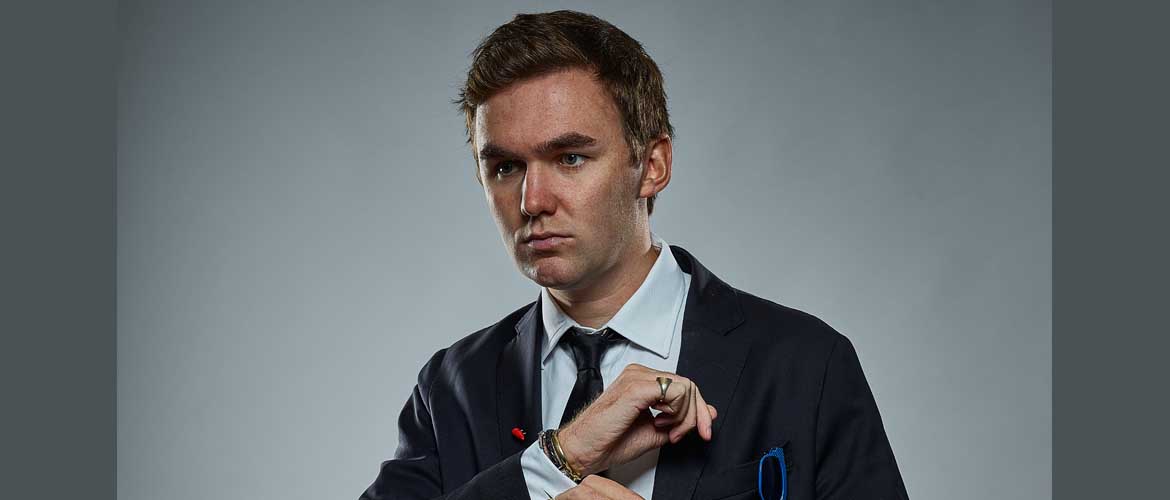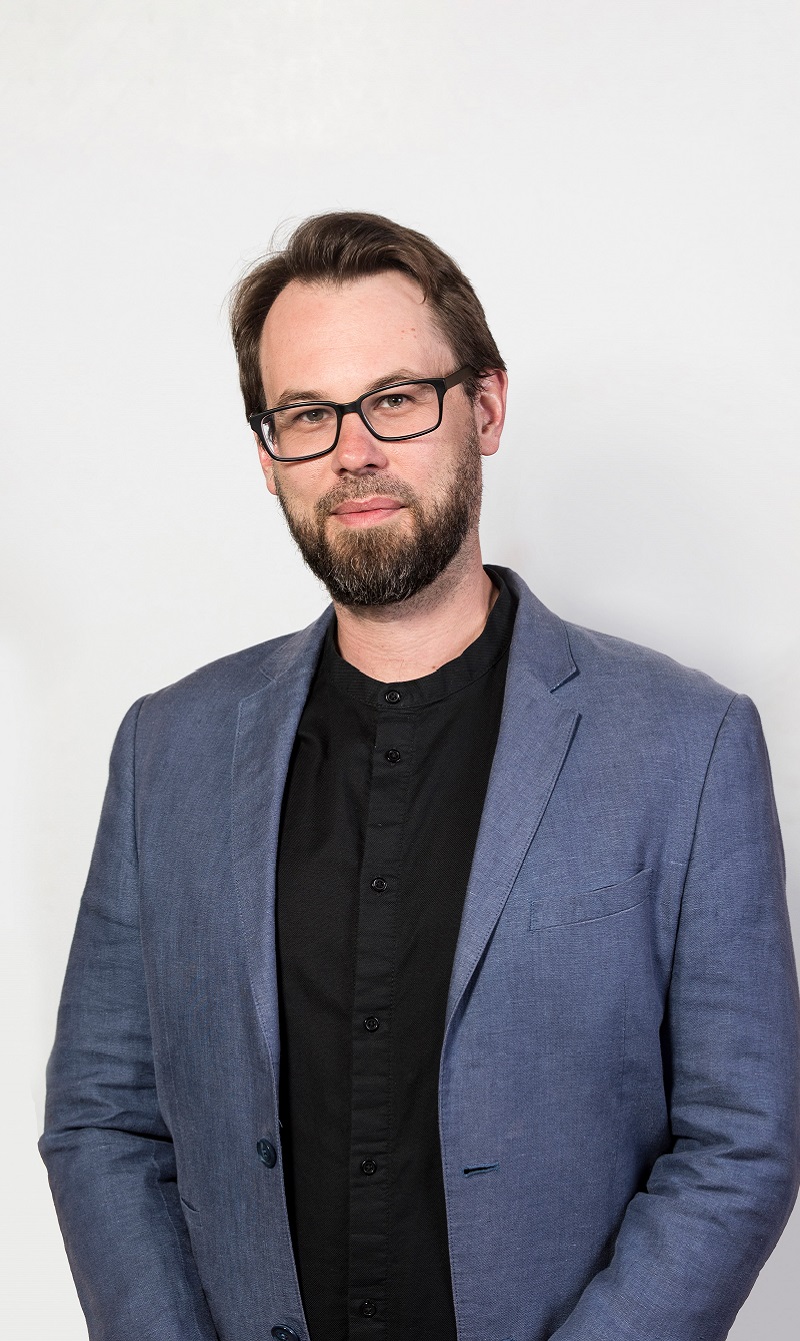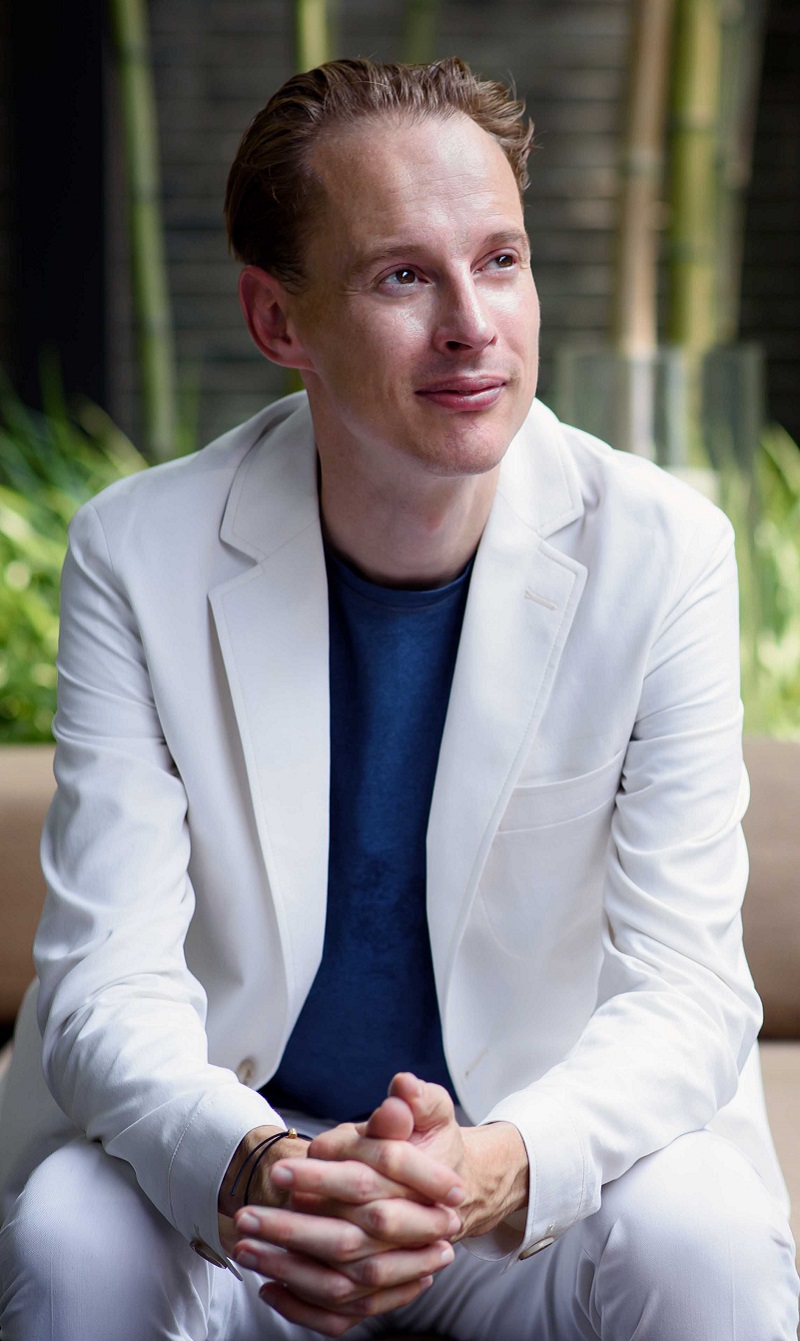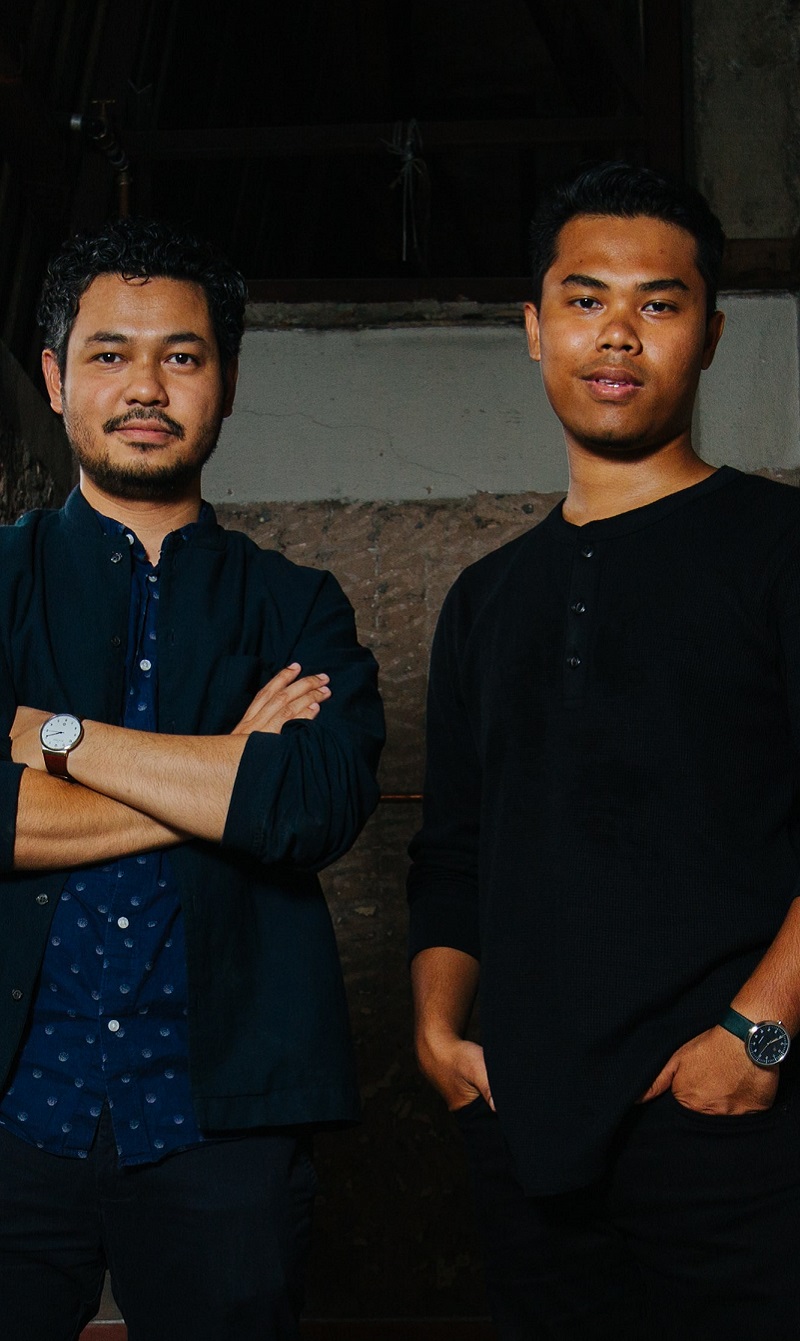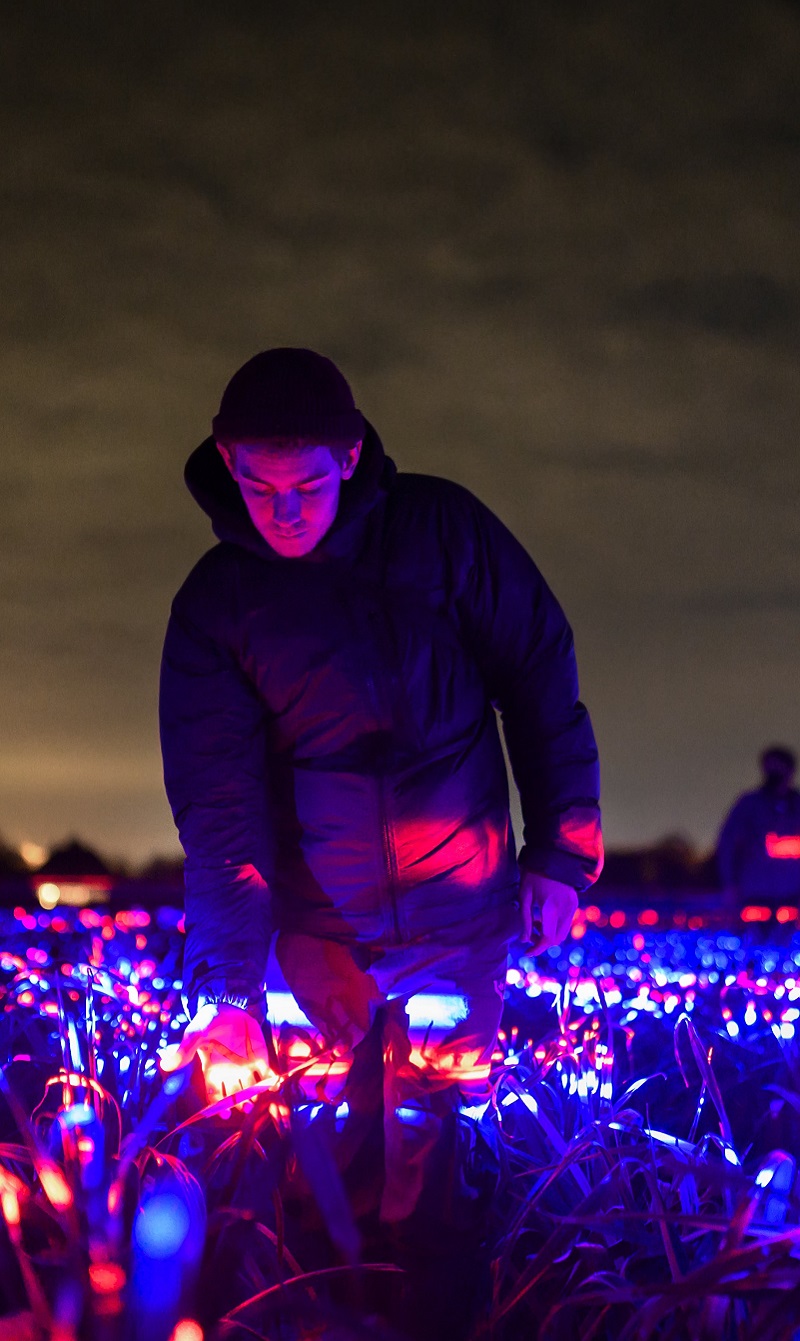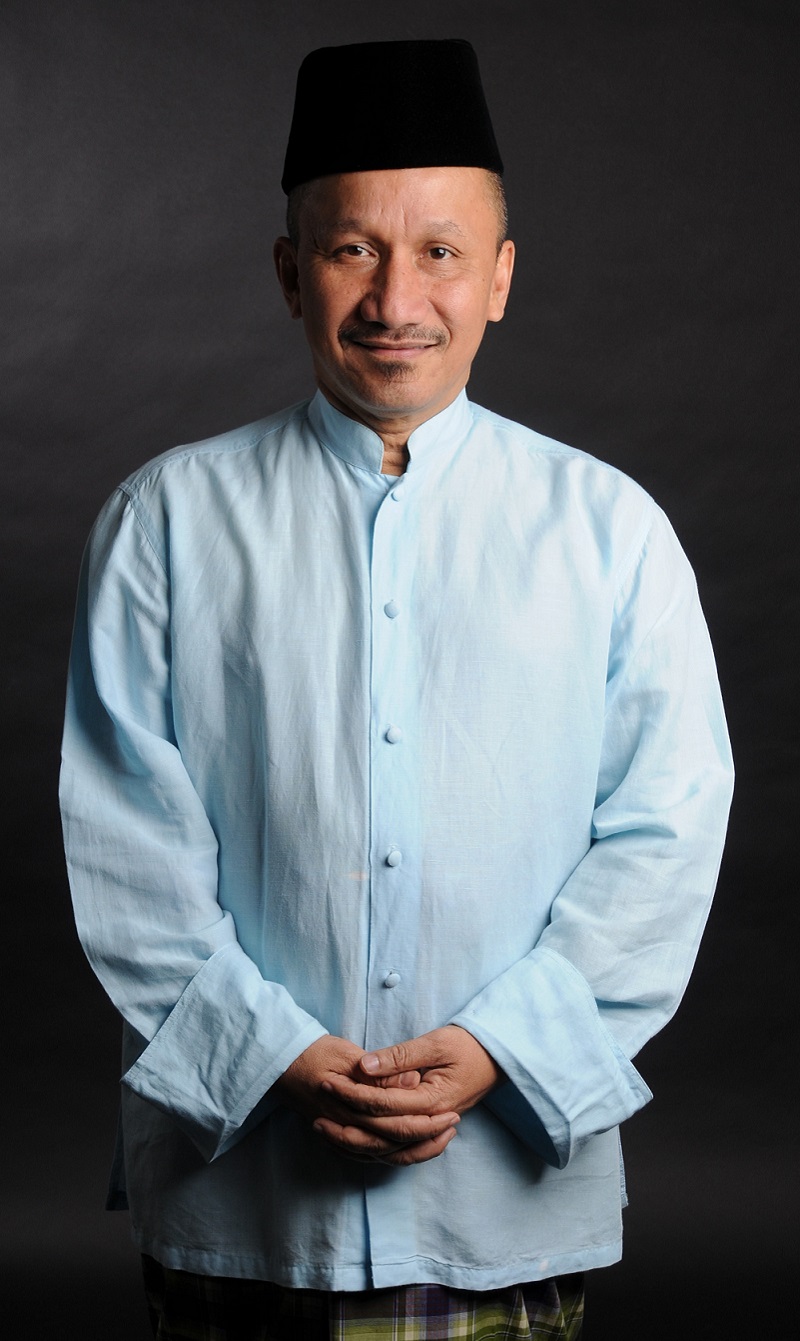Sustainable, Appealing Fashion
A different awareness of ethical fashion is emerging. It’s not about being modest but about the production and quality of the garments. It’s slow and sustainable fashion that’s keeping customers loyal for years. This article was first published in the second issue of WIEF In Focus magazine.
The fast textile producing lifecycle is detrimental to the environment. Like fast food, fast fashion is consumed faster than it’s produced. Runway fashion show collections eventually become waste when they’re worn out or out of fashion. ‘Often, fast fashion corporations deliberately make clothing so that it wears out after just a year or two to keep you coming back, regardless of how much that damages the environment,’ says Tom Cridland, founder of the Tom Cridland sustainable fashion brand.
Another reason for big stores high turnover of goods is that they usually outsource production due to lower labour cost. Some find this textile industry process rather unethical for the labourer, consumer and the environment. Tom says that fast fashion is making the textile industry the world’s second most polluting. This awareness has caused the trend in fashion to shift towards being more mindful of what is worn. The sustainable fashion concept first appeared in the late 1980s and it focused on materials and process involved in the making of clothes.
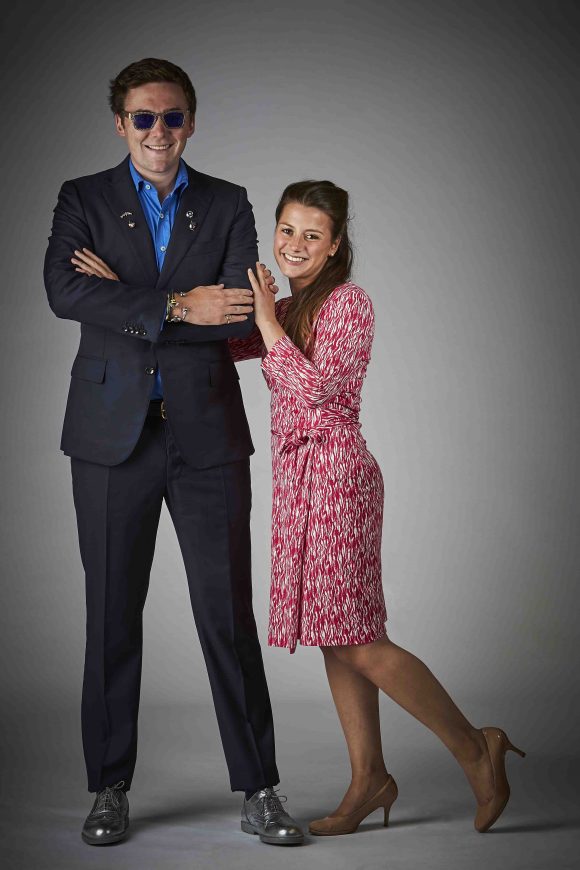
The 30-Year Collection
One of the world’s leading sustainable clothing company is Tom Cridland, founded by Tom Cridland and Deborah Marx in 2014 in the United Kingdom. The company was a result of his dismay towards the fashion industry and its consequences. ‘As an entrepreneur, I saw the gap in the market for a cool sustainable fashion brand. So, I developed the 30-Year Collection and made it my mission to try to make sustainability appealing to consumers,’ he says.
Tom was a university graduate of Bristol, the United Kingdom, when he started the company with the simple aim to make the perfect pair of men’s chinos. Then, at 23 years old, a small government startup loan gave him the opportunity to make signature chinos for Hollywood actors such as Leonardo DiCaprio and Daniel Craig. Tom’s unisex collection of sweatshirts are handcrafted out of Italian cotton and guaranteed to last 30 years. He offers free repairs for them, even though they’re made to last a lifetime and backed by their signature 30-year guarantee. ‘It certainly is profitable for us, so it’s really a win-win for customers and sustainable for us as a business too,’ he adds.
Their cotton, wool and cashmere are sourced from Biella in Northern Italy. While the clothes are made in Serra da Estrela in Portugal and Parma in Italy. ‘Our clothing is designed in London by us and since I’m half Portuguese and Debs is half Italian, we incorporated our mothers’ heritage into our production process,’ he explains.
Celebrity Outreach
With the all too prevalent fast fashion ethos, sustainable clothing brands like Tom Cridland are trying to fight their way through. Tom’s taking measures to ensure their employees are treated ethically and paid fairly, and that their clothing is durable to help protect natural resources. ‘We need to encourage an attitude of buying less and buying better among consumers so that we can reduce the huge swathes of clothing and textile waste that are ending up in landfills, year after year,’ he says. In 2017, Tom travelled across America and appearing on television in over 20 cities to talk about why attitudes to clothing need to change. In April 2018, he released the Half Century Jeans – a Japanese, highly in demand, selvedge denim with a 50-year guarantee.
‘At first, getting the brand off the ground with just a GBP6,000 government startup loan was, undoubtedly, the biggest challenge. It was barely enough to afford a stock order of just four different colours of chinos,’ Tom says and it helps to offer clothes online only which helped not only made a profit within the first year but also grow organically. Now, they support charities such as Deki and Help Musicians.
The brand only experienced being in a brick-and-mortar location in early 2016. Tom was offered a shop in Chelsea, rent free, by someone who had read an article about them and admired their sustainability attitude. ‘It was a wonderful experience,’ he recalls. ‘Selling directly to customers without retail markups is a crucial part of our business model. We simply don’t want to work unnecessary markups into the price of our products, as we want to make luxury clothing accessible, in terms of value, to encourage fewer people to turn to fast fashion,’ he explains.
Through celebrities like Leonardo DiCaprio, Ben Stiller and Clint Eastwood, Tom keeps true to his environmentally friendly agenda. ‘If we’re going to make complimentary clothes for someone, we genuinely want to admire their work,’ he says. ‘Don’t fall victim to mountain thinking or get frustrated when success doesn’t happen overnight. A good way of looking at it is that overnight success can take years,’ he advises.
___________________
For more on the latest topics related to business, technology, finance and more, read our digital versions of In Focus magazine, issue 1,issue 2 and issue 3.
